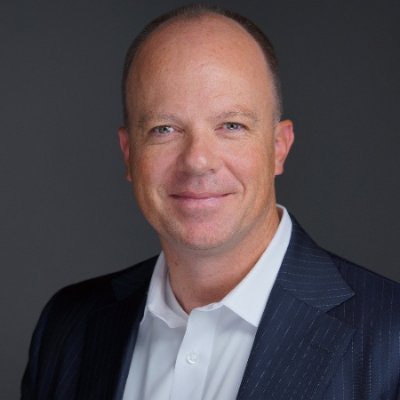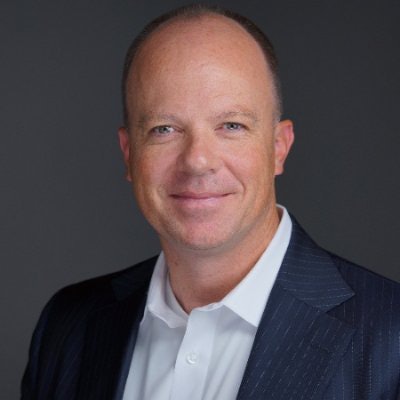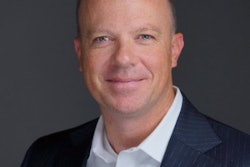
It seems simple enough. The dentist provides services deemed necessary for the patient's dental health, and the patient agrees to pay for the services. As dentists, that's what we hear at the chair. However, this scenario can quickly change from agreement to argument at the front desk if specific rules are not followed.
 James Anderson, DMD.
James Anderson, DMD."Inform before you perform" is good advice to follow if you are concerned about building positive relationships with your patients. No one likes a surprise charge at the end of the service.
Many practices do not secure financial agreements with the patient before the start of treatment. These practices will have large accounts receivables that have aged beyond 90 days of inception, seriously affecting cash flow. The chance of collecting the balance past 12 months drops to about 25%.
Common patient complaints
The following are some common complaints that patients or the guarantor (person in charge of paying the account) have communicated as to why they are not paying:
- The patient assumed that he could make monthly payments because no one said he couldn't. He cannot pay the balance, and it will take years to pay it off with monthly payments.
- The patient is not happy with the outcome of the services provided and is disputing the debt.
- The guarantor did not sign an informed consent or financial agreement for the patient and is denying payment.
How to avoid these scenarios
To avoid all these common scenarios, follow the following advice:
- Establish clear patient payment policies that align with your accounts receivable management system. These policies will be adhered to by all staff. You don't want one business team member setting up different arrangements contrary to the standard. Present the treatment plan/financial arrangement to the patient for approval and signature before doing any services.
- Use the dental software system to do as accurate a treatment plan as possible. If you are a network provider for a perferred provider organization (PPO), you will have the current fee schedule loaded for this patient's group so that you can get a close estimate based on the present facts. Always collect the coinsurance and applicable deductibles at the time of service. Your PPO network contracts support this habit. Chasing patient portions after the insurance payment is one main reason why accounts receivables are so high.
- Never carry accounts on the books. You are not a bank or a lending institution. Patients must secure outside funding through a lending source if they cannot pay via cash, check, or charge. It is not your responsibility to accept monthly payments.
- Always take the time to go over informed consent as to the pros and cons of the services to be rendered. Assure patients that this is routine and to their benefit to understand the services provided. Get a signature from the patient (if an adult over the age of 18) or the responsible party (guarantor). College students will often come in for services and ask you to bill their parents. It is wise not to perform any procedures unless you have the signature of the responsible party.
- Most patients who have paid for services are happy with the service. If the patient is disputing the service and doesn't want to pay, you must invite him or her back into the office to evaluate and resolve the issue. Any prosthetic services or services requiring lab bills or individual parts and preparation, the patient must agree to pay in full before the prosthetics are delivered.
Financial policies must conform to the standards of the community, be based on acceptable business concepts, and be aligned with the practice philosophy and culture regarding patient care.
James Anderson, DMD, is a practicing dentist in Syracuse, UT, and is the CEO and founder of eAssist Dental Solutions. He can be reached via email.
The comments and observations expressed herein do not necessarily reflect the opinions of DrBicuspid.com, nor should they be construed as an endorsement or admonishment of any particular idea, vendor, or organization.

















